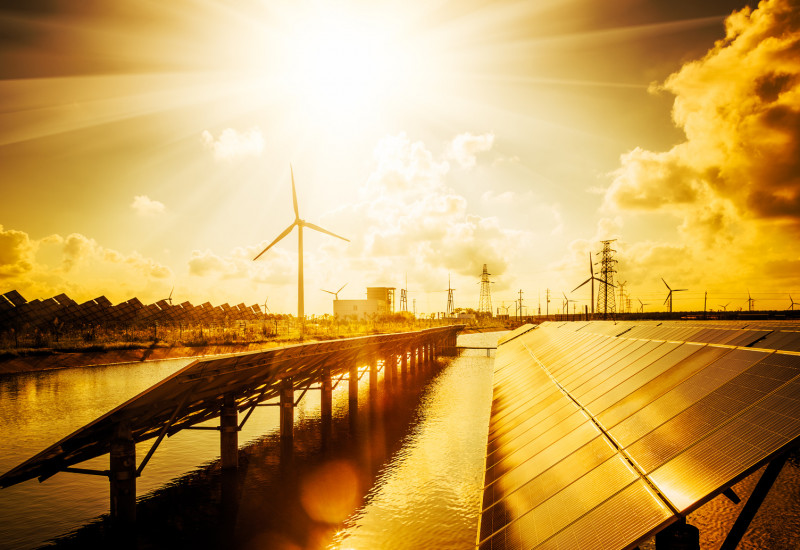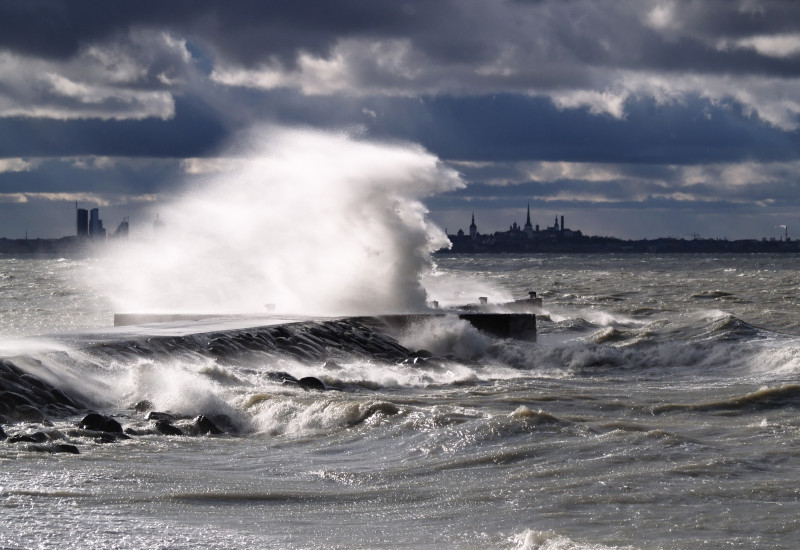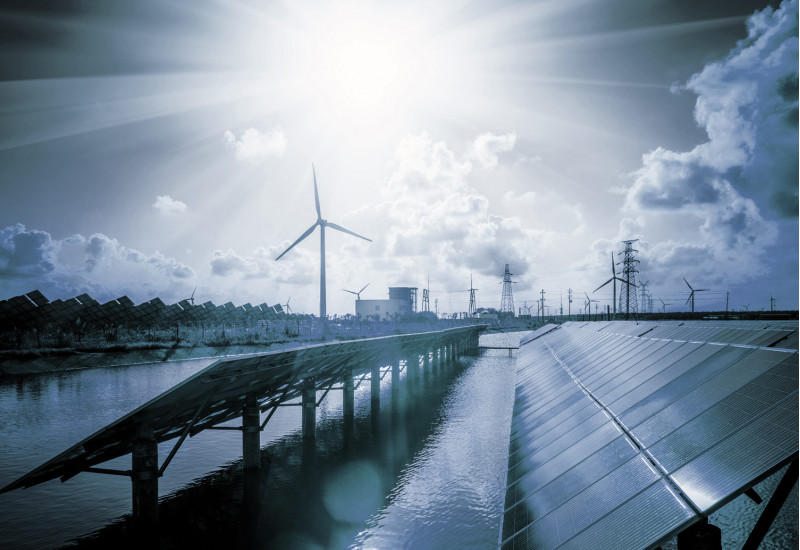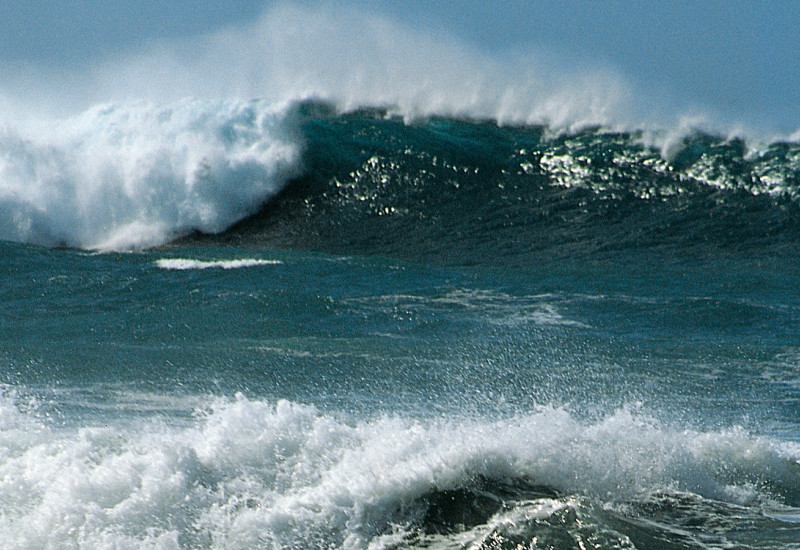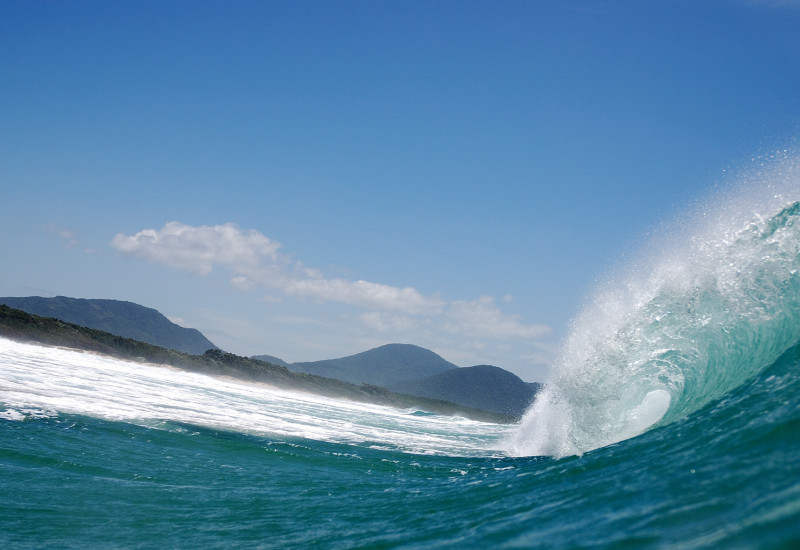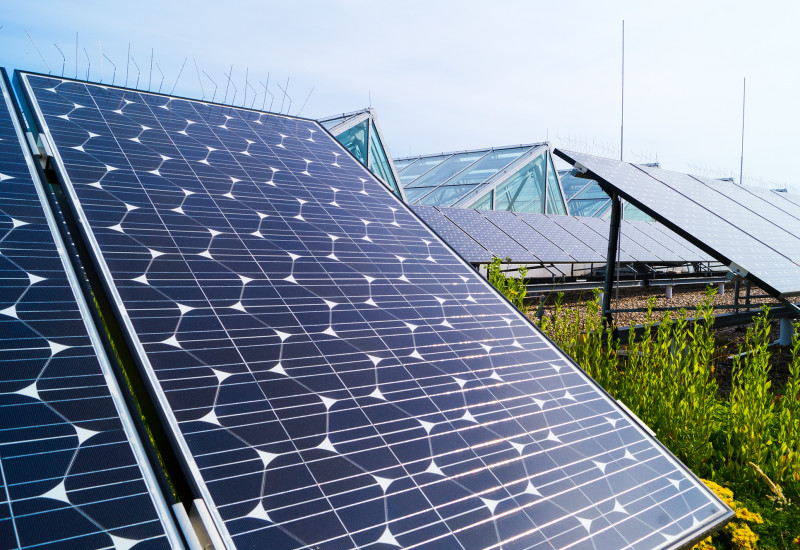With the Paris Agreement the EU urgently needs to re-assess its long-term target. A new scenario, commissioned by UBA, shows that a GHG-neutral EU is feasible, based on a fully decarbonized energy supply, without carbon capture and storage. Key components of the scenario are a strong increase in energy efficiency as well as far-reaching electrification. The use of bioenergy is strongly limited. read more


